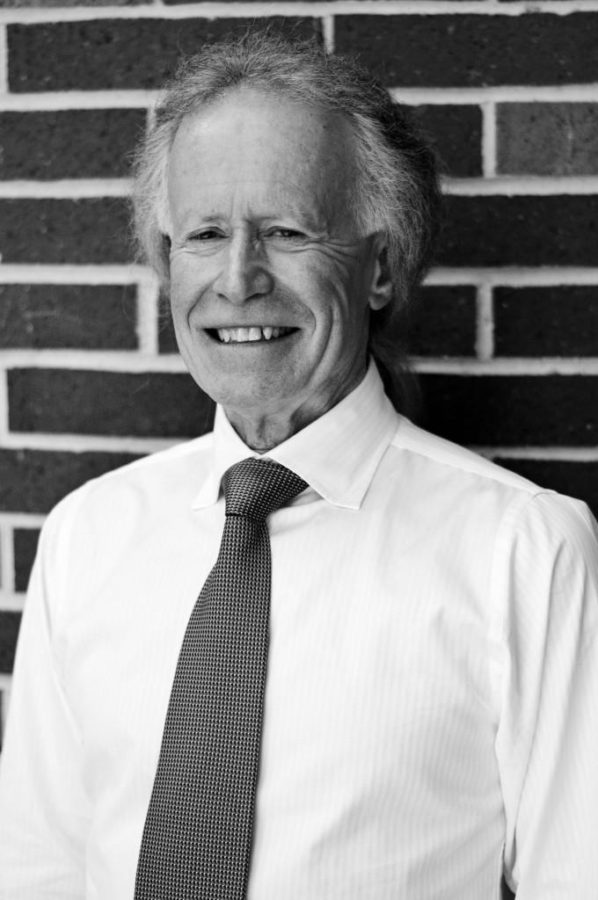The question that motivates Ben Benson in all aspects of his life is, “Can we return to a more complete understanding of what it means to be a human being?”
Benson is a nomad. He’s a wanderer at his core, if no longer in a physical sense, then in an intellectual and spiritual one. He has found home in Sonoma County, working as an anthropology and Native American studies professor at Santa Rosa Junior College for the past 30 years.
Benson has many different endeavors, which include speaking at the TEDx conference in Sonoma County, hosting a wildflower exhibit at the Pepperwood Reserve and readying himself to teach native manipulations of the landscape at Sonoma State University.
When he could not find a passable Native American art appraiser of his museum curations, he took the exam himself and became one of four recognized at the highest level of the American Society of Appraisers.
Benson was born with a passion for anthropology. “I think I was an anthropologist at the age of 10,” he said. He attributes his cultural curiosity to nightly dinner table discussions with his father, a man with a wealth of wisdom and an easy sensibility.
Benson’s disarming laugh brings any person right into his world, a world of acute global awareness. He answers every question after an internal investigation, and the response reveals his connection with those in his presence until someone else vies for his attention and he is wholeheartedly theirs.
Benson received two bachelor’s degrees from UC Santa Barbara and a doctorate in archaeology from Eastern Washington University, but he considers himself an environmental anthropologist.
SRJC student Hannah Rouley said her favorite part of Benson’s classes is his personal stories of traveling to South America because it helps her relate to the material. He has visited the Amazon multiple times, and one 14-month trip almost convinced him to stay.
The village chief released the dogs on Benson immediately after he stepped onto the riverbank, but Benson adapted to the Amazonian lifestyle nevertheless. The three other Westerners who came with him could not adjust and had to leave. This released Benson from all former ties and allowed him to fully immerse himself into studying the botanical morphology of Amazonian palms. After proving his rainforest survival skills, the tribe inducted him, finally acknowledging him as human, which was not a foregone decision for them.
He reminisced about walking for hours alone in the jungle, remembering the piercing cacophony of life that is the Amazon rainforest. The forest connected him first to himself and then to all living things around him. The result is a harmonious connection that Benson now brings to all his lectures and daily life. The tribe he stayed with could provide all needs for sustenance with one to two hours of labor a day. Their productivity and perpetual happiness made difficult for Benson to leave.
Benson said the arc of indigenous societies provide examples of environmental management: disaster ensued when the Anasazi of the Southwest tapped to nutrients and natural resources, while the local Pomo, Wappa and Miwok created a garden through deliberate practices and balances like that of the biblical Eden.
“We can see what they did right and what we’re doing parallels to their catastrophic events.” He believes that a key to the native population’s overall success is their centrality to Earth and its living beings,” Benson said. “It is just fact that some of the best ways in being human are these ways that are very, very close to the Earth. I think contained in that then, philosophically, religiously, economically, environmentally, and politically, we can learn from them [indigenous people].” There was no focus on sustainability because it was inherent to their way of life.
Benson firmly believes that we, as a society and as co-inhabitants of Earth, must view all living beings as sentient forms, just as our native ancestors considered them. The question of our time is how to redefine being human, said Benson. “Contained therein is the solution to the many problems we face in modern civilization.”


